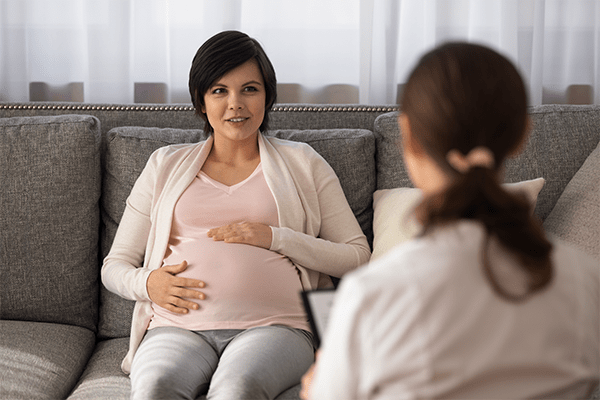There are numerous reasons why someone could want to be a single or lone parent. You might have made the decision to raise a family on your own, you might be divorced or separated, or the other parent might have passed away. If you are a single parent, you might be concerned about your ability to provide the supportive, loving environment your child needs. The good news is that you can without a doubt. Depending on their circumstances, single parents endure a variety of difficulties, but most single-parent households also have some universal problems.


It is not just couples who have the desire and capacity to have children. Nowadays, a lot of single people decide to work toward their family-building objectives alone. While every person's journey to motherhood is unique, many single people rely on assisted reproduction and fertility care to conceive a child.

Due to the rapid aging of the female reproductive system, infertility is classified according to a woman's age. Infertility is traditionally defined as the inability to conceive or carry a pregnancy to term during a year of unprotected sexual activity. This window is shrunk to 6 months for women over the age of 35. Due to the age adjustment, the fertility treatment process can start earlier to account for cyclical variations in egg viability and output.
A period does not always mean that you are ovulating. The brain releases estrogen and progesterone during the monthly cycle, which is a delicate balancing act. Together, these hormones help the body get ready for pregnancy and regulate reproductive function. In a typical cycle, the ovaries release estrogen each month while also preparing an egg for fertilization. In the event of pregnancy, estrogen helps to thicken the uterine lining. The ovary releases the egg during ovulation, and progesterone is triggered. In the event that pregnancy is unsuccessful, progesterone will signal the uterine lining to be shed and prepare it for fertilization (menstruation).
Many treatments can help enhance fertility depending on the underlying issue. They include surgery, medical supplies, and medications. If your underlying medical condition is the cause of your fertility problems, getting treatment could also be beneficial.
Nowadays, very few people may be considered sterile. There are several fertility treatments available if you're having trouble becoming pregnant naturally. It is likely that you are experiencing infertility if you are under 35 years old and have been trying to conceive for a year, or if you are over 35 and have been trying for six months. 1 See your doctor about obtaining the support you require to start a family.